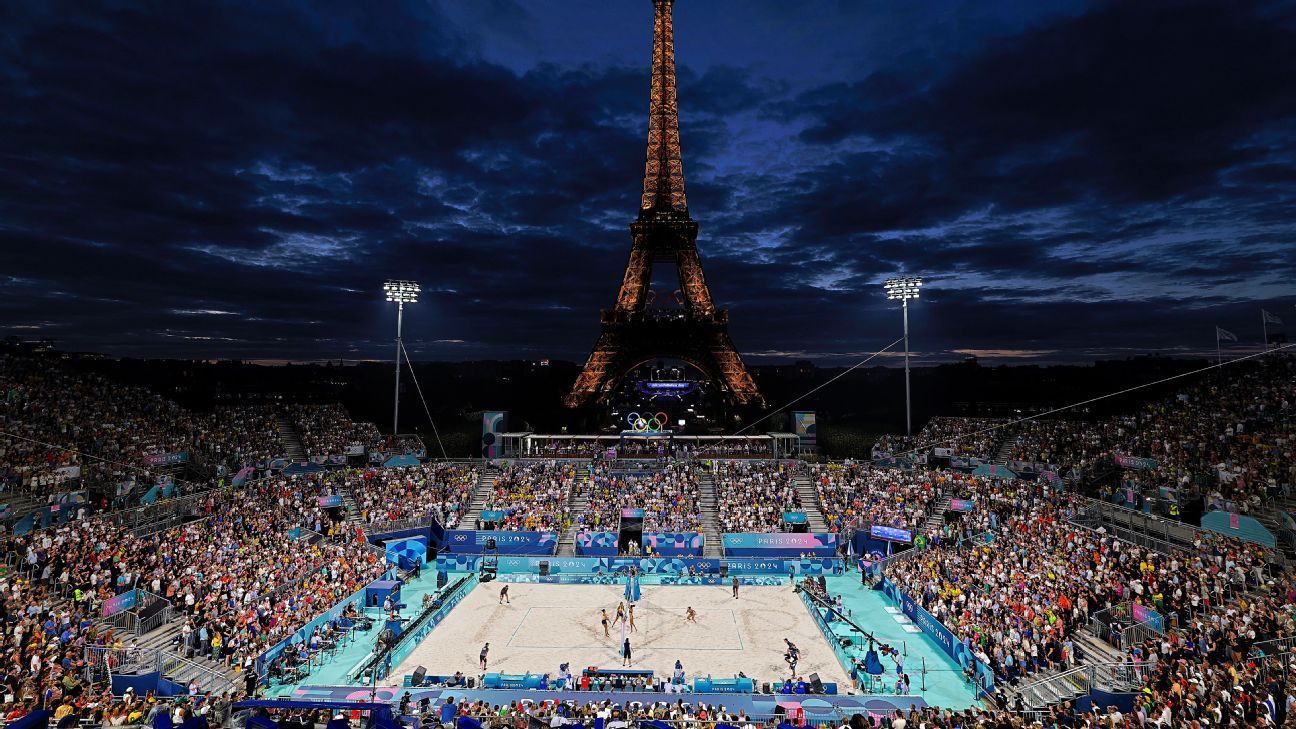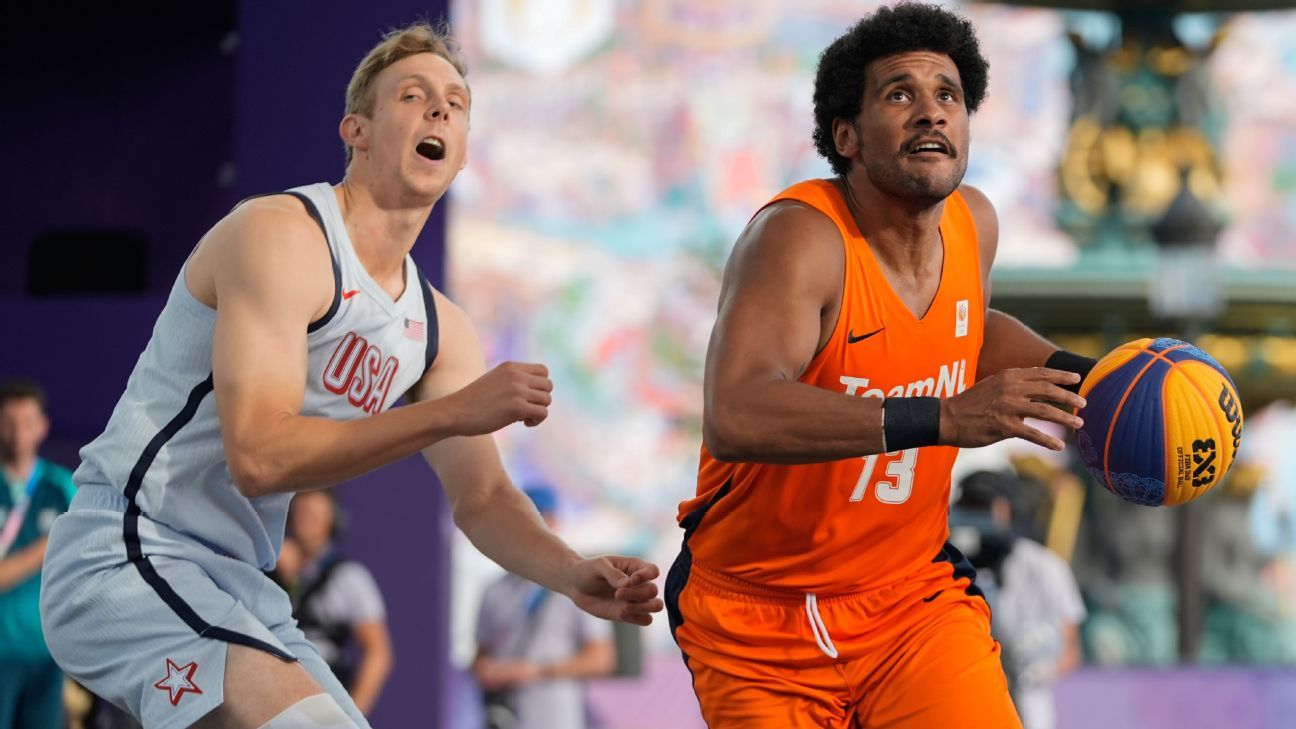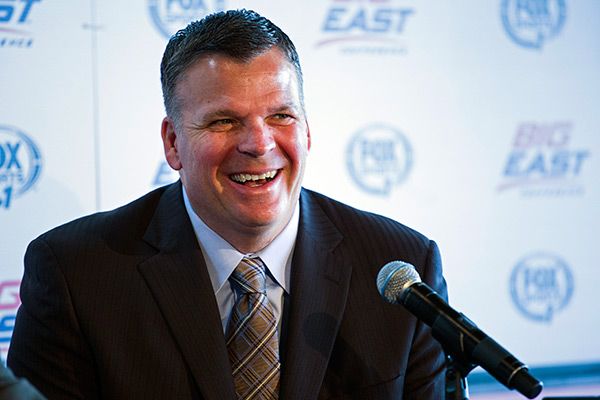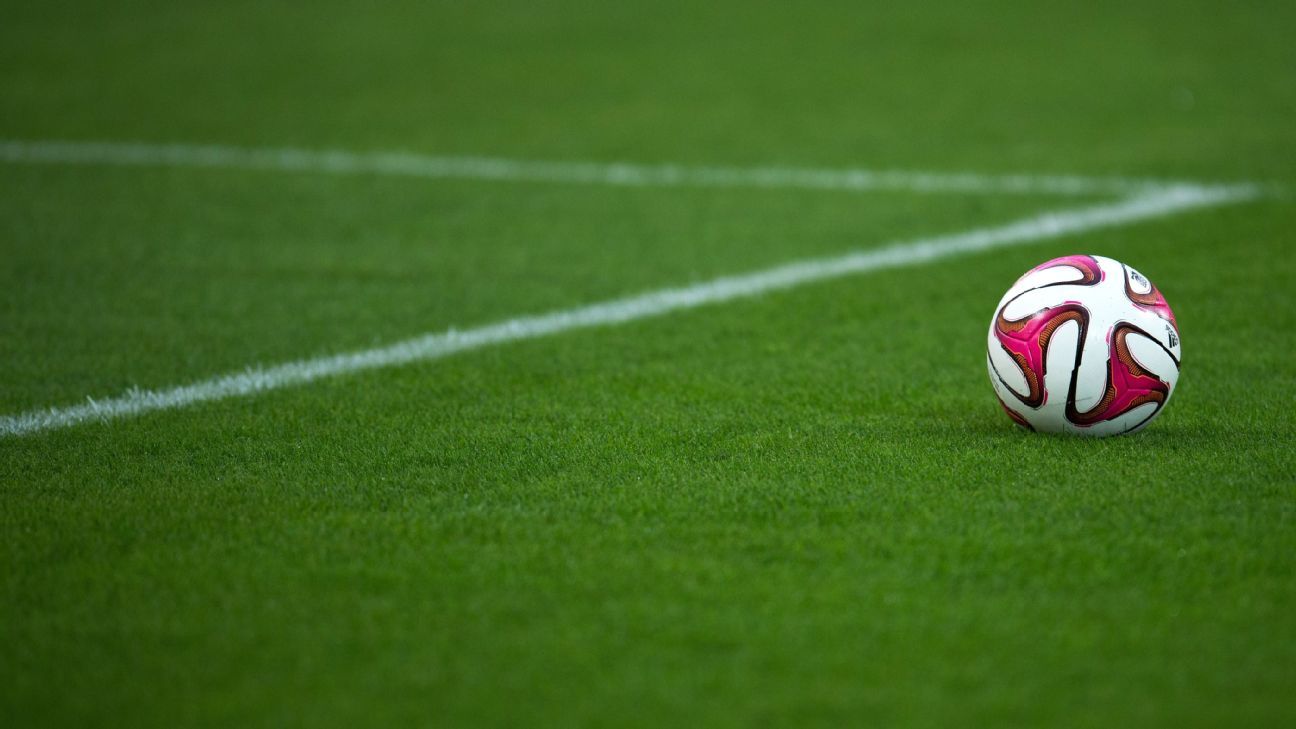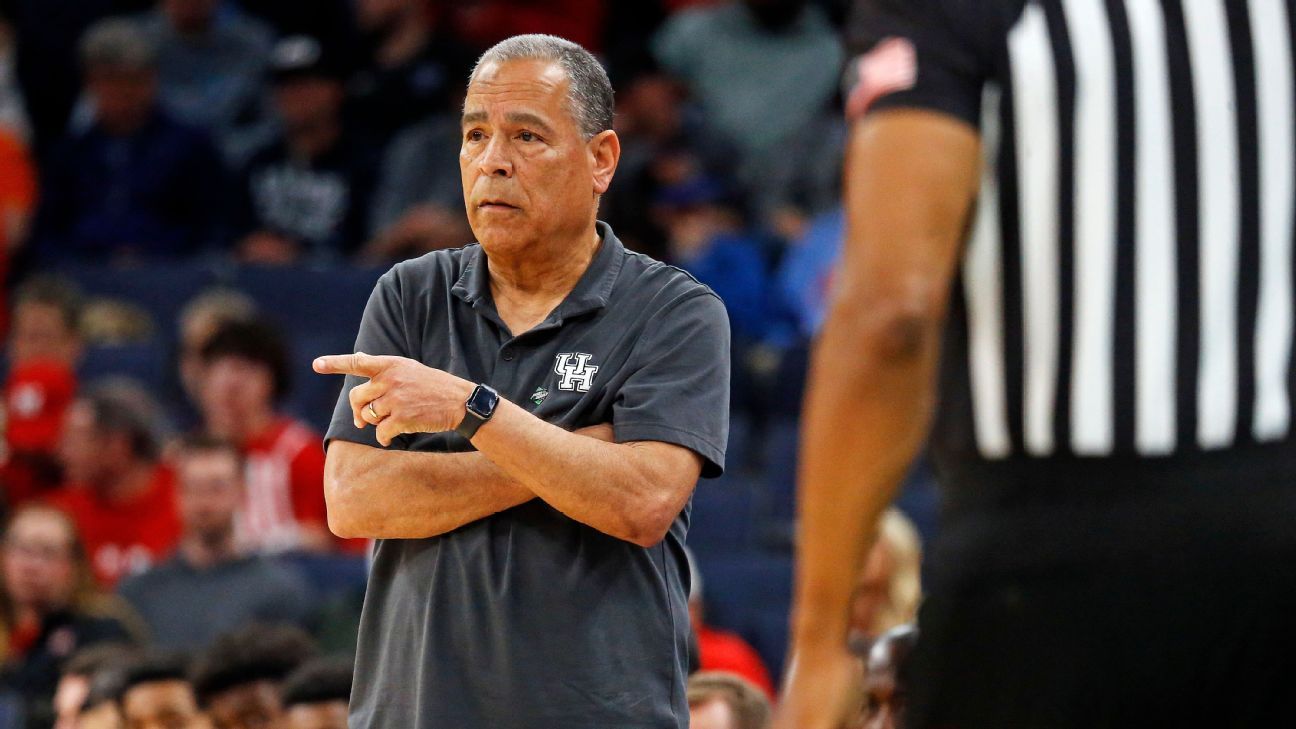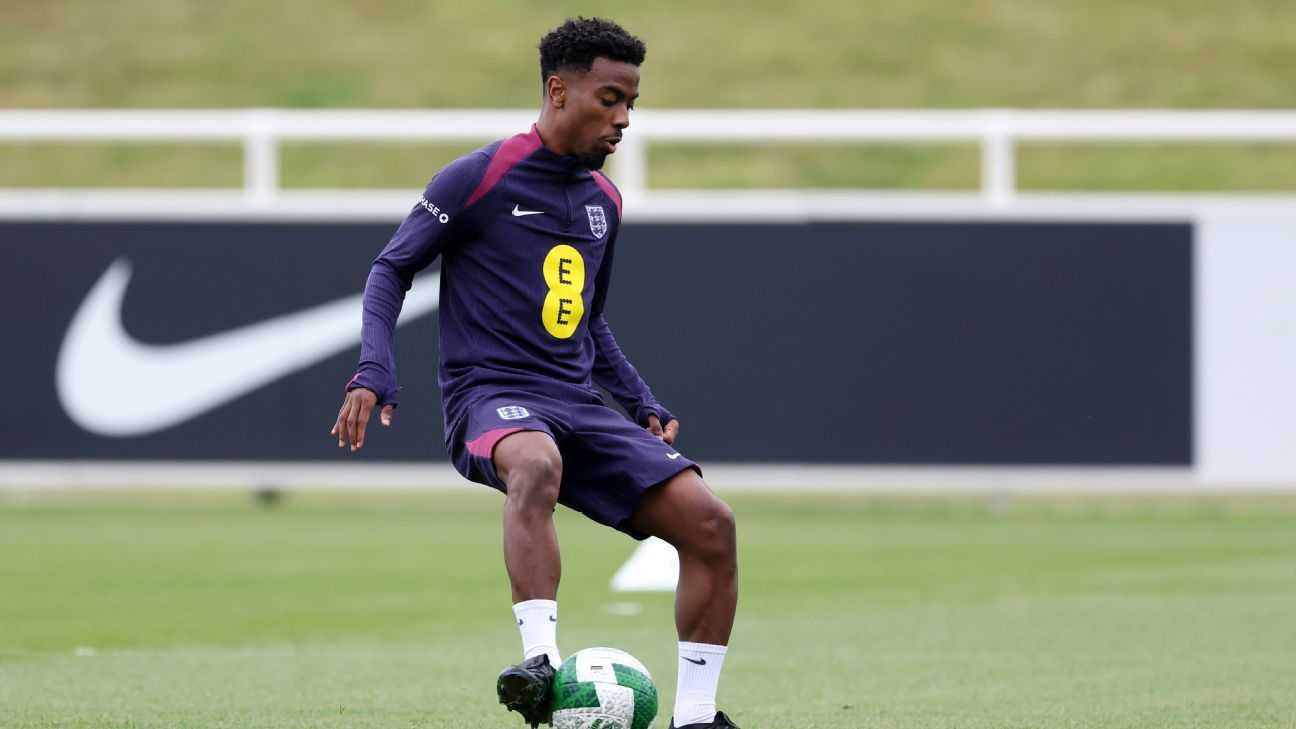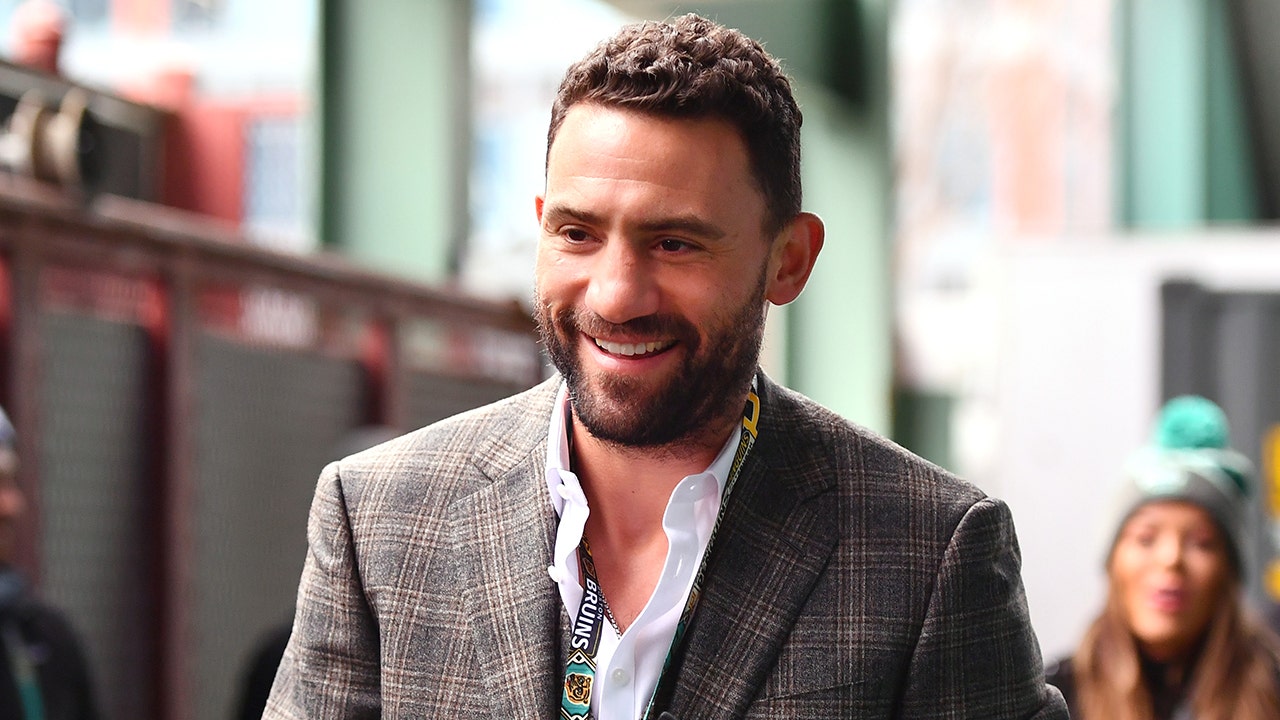After 19 days of competition, medals won, countless celebrations and memorable moments, the Paris 2024 Olympic Games are coming to an end.
From the city of Paris taking center stage to Simon Biles and U.S. gymnastics and the return of fans, the Paris Games will be remembered for many things.
But what was it that caught your attention the most?
We asked our experts who were in Paris and elsewhere in France covering the whole affair one last question:
What will you remember about these Olympic Games in a few years?
Sam Borden: For me, it’s Trinity Rodman’s incredible game-winning goal, which came out of nowhere and gave the U.S. team the victory in the quarterfinals against Japan. It was the perfect combination: an incredible skill that required power and precision, combined with intense circumstances (in overtime, with a penalty shootout looming) and the unrivaled atmosphere of a packed stadium like the Parc des Princes. The whole sequence was remarkable in so many ways, and one of the funniest parts of it all was that Rodman said afterward that she passed out when the ball left her foot, so she’s not even sure what she did. If that’s true, she’ll be the only one who doesn’t remember the goal because anyone who saw it will undoubtedly never forget it.
Coley Harvey: Years from now, I’ll never forget the “tilt” in the photo finish. It was the move Noah Lyles needed to pull off a major win. Speaking of Lyles, he had the craziest Olympics of any American medalist. Going from standing on top of the world with gold on a Sunday, to receiving an alarming diagnosis that Tuesday, to pouring every ounce of his COVID illness into a bronze on Thursday, to having to drop out of a relay that Friday — Lyles’ Olympics were, in a word, frenetic.
But for all the drama of his time in Paris, the spectacle that he and seven of the next fastest men in the world put on during the first Sunday of track and field at the Stade de France was one I will always remember. I sat with my colleague Marc Spears that night and we nearly went crazy when we looked up at the stadium video board and recognised at the same time as Lyles that he was, indeed, the men's 100m champion.
The volume was deafening. The scene, electrifying. Had it not been for Lyles' decision to make a last-minute move at the finish line, he might not have beaten Jamaica's Kishane Thompson to cement his place in Olympic immortality. For me, that emotional moment helped fuel America's stunning gold medal streak in track and field.
Emily Kaplan: Covering the final day of the men’s golf tournament at Le Golf National was incredible. The sport had only recently returned to the Olympics after an absence of more than 100 years, and the Paris Games gave it a boost. Many of the sport’s biggest names — Xander Schauffele, Jon Rahm, Rory McIlroy, Hideki Matsuyama, Tommy Fleetwood and others — were battling it out for the top of the leaderboard, and then seeing gold medalist Scottie Scheffler in tears during the ceremony made clear just how important this tournament was for professionals who make millions of dollars and get huge exposure outside the Olympic cycle. The crowd was fantastic, with dozens of countries represented, all creating an electric atmosphere.
McIlroy's quote summed it up like this: “With the spectacle that golf is today, you think of tournaments that might be the purest form of competition in the sport, not playing for money. So that says a lot about what's important in the sport.”
D'Arcy Maine: Three years ago, I was in Tokyo, sitting in huge stadiums and watching athletes realize their lifelong dreams with virtually no one there to witness it and no excited family members to hug immediately after winning a medal. Those Games were tough on everyone, with countless restrictions and rules and an overwhelmingly somber atmosphere. So what has struck me repeatedly in Paris, across all sports, has been the unbridled joy I have seen from athletes, their loved ones and their supporters.
In 2021, I watched Simone Biles withdraw from the team competition and heard the hushed, worried whispers of the few in attendance, so seeing her and the rest of Team USA run off after winning a redemptive gold medal was extra special. Watching Novak Djokovic’s dreams of winning a “Golden Slam” go up in smoke in Tokyo (and remember his very visible frustrations during the bronze medal match) and then watching him openly sob on the court and with his family after winning his first gold at Roland Garros was something I will never forget. And those kinds of examples could go on. As I’m sure most athletes who participated in both Games would say, the still surreal memories of Tokyo made me truly appreciate what I experienced in Paris, and the visible displays of happiness and gratitude are what I will remember most.
Connor O'Halloran: I don't know if you've heard it on TV, but anyone who has attended in person will know the chant “Allez Les Bleus!” It has been a constant rallying cry for French fans.
They shout it with their mouths and stomp it with their feet. At times, the stadiums looked a bit like the ancient Colosseum. The chant has provided a roaring background to every event in which any French athlete competes, and they don’t need any hint of success to get it started: I’ve heard French fans chant it at boxing defeats and at track and field events when they had no chance of winning. It was heard loudly in the table tennis arena when a Frenchman was trying his best to keep his Chinese opponent at bay and was essentially missing every shot. France lost 12 of the 14 frames in that team match. It was a demolition, but still all you could hear was “Allez Les Bleus!”
Alyssa Roenigk: We witnessed the redemption of the four golden girls who returned to the Olympics after a difficult and strange two weeks in Tokyo. A couple of months ago, it seemed highly unlikely that all four women — Simone Biles, Suni Lee, Jade Carey and Jordan Chiles — would make this team. When they did, they became one of the most compelling stories of the Games. Biles wanted to turn around and have another shot at gold in the all-around. Lee wanted another shot at the uneven bars final. Carey wanted to land two big jumps to prove she’s one of the best in the world, and Chiles wanted to win an individual medal.
They did all that and won team gold, all the while supporting each other and celebrating their competitors. Even though a trio of bodies, including the Court of Arbitration for Sport, the International Gymnastics Federation and the IOC, decided that Chiles should give back her bronze medal because her coach filed an investigation into her score four seconds after the deadline, Chiles had her moment on the podium. And, for six days, a bronze medal.
Despite the decision, the final, lasting image of a wild week and a half of gymnastics will still be that of two Olympic gold medalists, Biles and Chiles, bowing to Brazil's Rebeca Andrade on the podium, which says a lot about the kind of athletes who are leading the sport into its next era.
Jeremy Schaap: It was Henry IV, rejecting Protestantism and embracing Catholicism to claim the French throne in the 16th century, who uttered the immortal bon mot: “Paris is well worth a mass.”
He could have added that the city would also be an ideal setting for a gathering of the world's best athletes, and he would have been right.
Of all the stars that shone in the City of Light during the Games of the XXXIII Olympiad, none could outshine Paris itself. A deluge during the opening ceremony? Yes. Did dirty river water disrupt the competition? Yes.
But…
Sometimes the host city is a secondary element in the running of the Games – a set of stadiums that could be anywhere, plus road closures. The huge logistical requirements can suck the soul out of any metropolis. Paris, on the other hand, was the main attraction of these Games, with events taking place in all the familiar and impressive sites. And what better backdrop could there be?
To paraphrase an American who left his mark on Paris, right around the time when the last Olympic Games were held here, in 1924, those who were lucky enough to participate in these Games, or simply to witness them, in person or even on a screen, will remember this, because Paris is, yes, a movable party, even under the weight of the Olympic rings.
Marc Spears: I’ve covered the NBA for 25 years, covered college basketball for five years and two Olympics. But of all the basketball games I’ve been to, perhaps the best one I’ve ever seen was the semifinal game between the U.S. and Serbia. It looked like a movie. The Serbians, with NBA MVP Nikola Jokic, pulled ahead and led for most of the game. Not making it to the gold medal game for LeBron James, Stephen Curry, Kevin Durant and Co. would have been the most embarrassing moment of their basketball careers. But somehow, the Americans dug in and fought on both ends of the court to survive in a very emotional victory.
The only thing that came to mind was watching Ray Allen's three-pointer at the end that saved the Miami Heat in the NBA Finals against the San Antonio Spurs. Robert Horry's three-pointer to seal the Finals victory over the Detroit Pistons was also huge. But USA-Serbia, wow. I think they'll win.
Brian Windhorst: The venue for the group-stage basketball game in Lille, with 27,000 spectators, was unusual but tremendous in volume. The indelible moment came, naturally, when France made a miraculous comeback when 21-year-old guard Matthew Strazel pulled off a four-point play with 10 seconds left to force overtime against Japan. The crowd that went from despondency to unexpected euphoria in the blink of an eye was memorable enough. It was also important enough. The French won in overtime, allowing them to advance to the medal round.

